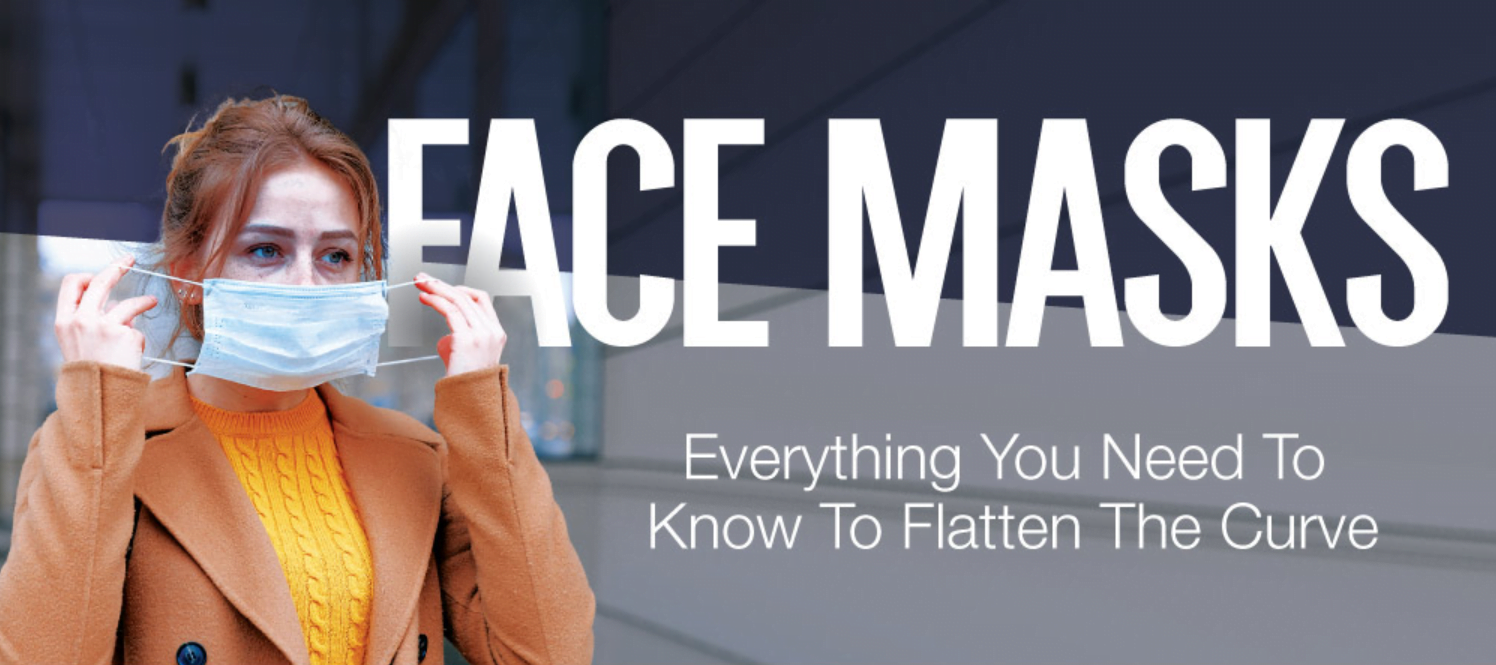Wearing a face mask has become a common sight in the past few months due to the rapid spread of COVID-19. In late 2019 and early 2020, the CDC and the WHO both said that healthy people should not wear masks. But on April 3, 2020, the CDC started to advise all Americans to start wearing face masks to try to slow the spread of COVID-19 when in a public area. The World Health Organization recommends wearing a face mask if you are taking care of a person who is suspected to have COVID-19, or if you yourself are sick, sneezing, or coughing.
Q1 2020 hedge fund letters, conferences and more
The WHO also stresses that face masks are only effective when used correctly and is no way a replacement for frequent hand washing or sanitizing. The CDC recommends wearing a mask in a public setting where social distancing measures wouldn’t be effective or in areas of significant community transmission. The CDC also strongly emphasizes that face masks should not replace other social distancing measures, and should be made of cloth and made at home, rather than surgical masks or N95 masks, which should be reserved for medical personnel.
Slowing The Spread Of COVID-19 With Face Masks
Masks are used primarily to help slow the spread of COVID-19. COVID-19 most of the time is transmitted by people who don’t even know they have it due to lack of symptoms. Face masks can prevent these contagious particles from spreading from an infected individual as confirmed by lab testing. In China, an estimated 86% of infections were left undocumented - these cases led to 79% of transmissions. According to one study, wearing a face mask and regularly using hand sanitizer can reduce flu transmission by up to 50% - with COVID-19 being an estimated 3 times more infectious as the flu, even a small reduction in infectivity can mean a huge difference.
Many people still aren’t wearing face masks for a number of reasons. As COVID-19 took the world by storm and began to spread around the world, countries like China, Japan, and South Korea were all noted by experts to have a more controlled spread. Experts have suggested that this is because in these countries wearing a face mask isn’t just recommended, but culturally expected. “We need to change our perception that masks are only for sick people and that it’s weird or shameful to wear one … If more people donned masks it would become a social norm as well as a public health good,” says Robert Hecht, professor of Clinical Epidemiology at the Yale School of Medicine.
Learn more about how masks are helping and how to properly utilize a face mask here.







